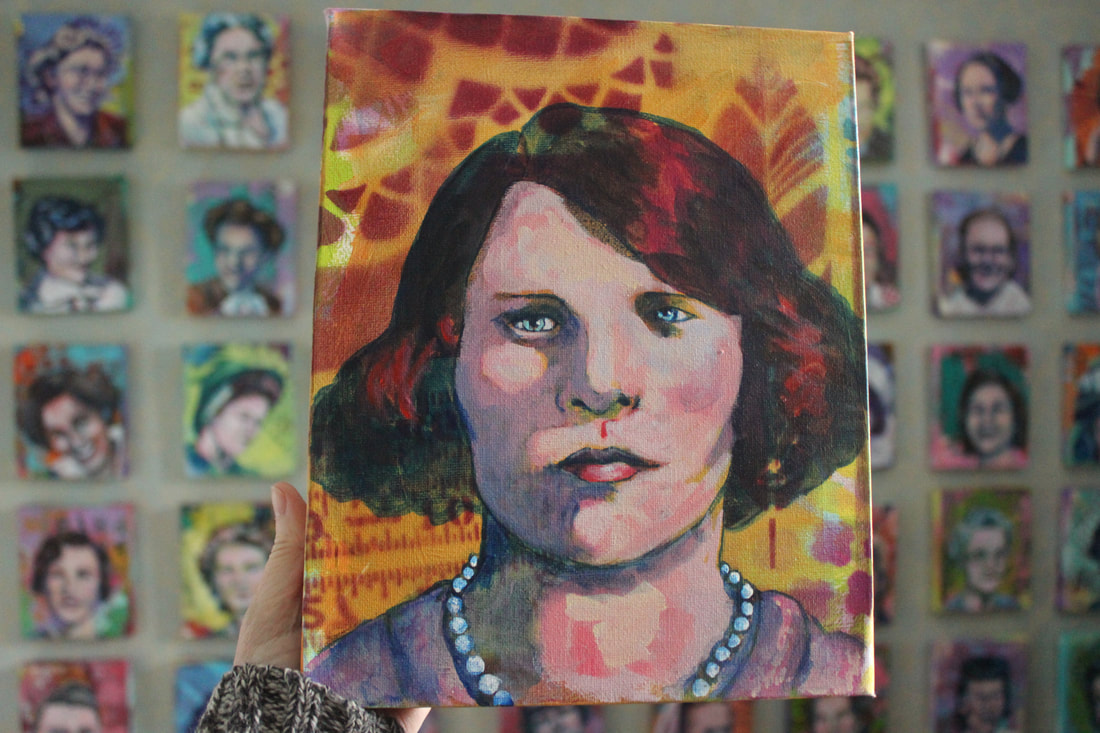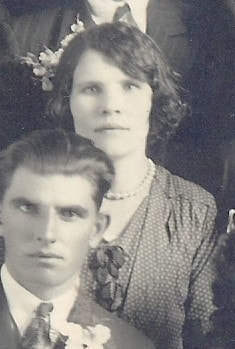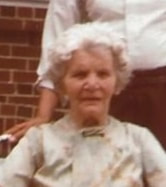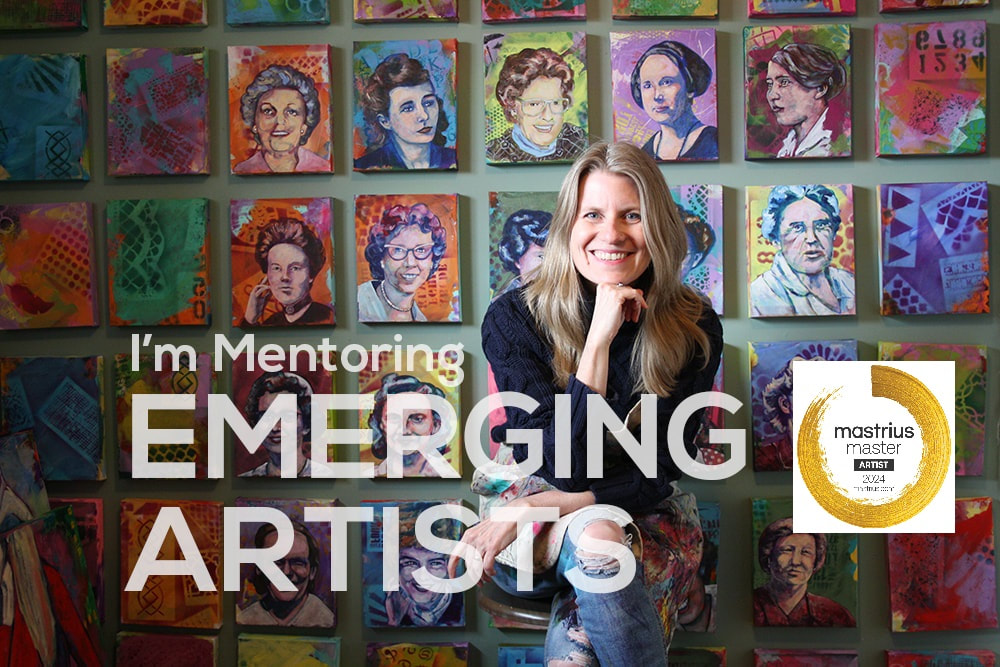|
Katarzyna Angelika (Kosciuk) Fujarczuk was born in Lopatyn, Galicia (then part of the Austro-Hungarian Empire) in 1896. Lopatyn is north-east of L'viv (L'vov, Lemberg), in what is now Ukraine. It was Poland when my father was born there in 1926 and later partitioned off to the Soviet Union. (Without getting into all the politics, this area of the world has been overrun by one country or another since, it seems, the beginning of time. Even now, Putin marched in and took over the Crimean Peninsula and is behind the civil war going on in eastern Ukraine.) She grew up on a small farm and, as her brother had left for Germany (At least, that's what my aunt told me.), it was left to her when her father died. She had two younger sisters but I do not even know their names nor what became of them. My grandmother was illiterate. She was bilingual, though, "just in the wrong languages" was the family joke; she was fluent in Ukrainian and Polish. This made communication with her grandchildren difficult as none were taught to speak either. She married my grandfather, Stanislaw Fujarczuk around 1923, and she always claimed my grandfather only married her to get the farm so he could sell it. (Had they remained in Ukraine, they would have suffered the Holodymor and Stalin's oppression.) He came to Canada in 1926 (His younger sister, Anna, followed a few years later.) and she emigrated with her two sons, Bronislaw (Ben) and Franciszek (Frank) in 1930, travelling by train to Hamburg where they took a steamship to Québec. Then they would have had to travel by train to Edmonton where my grandfather was living and working. They arrived just in time for the Depression. Their daughter, Lidja (Lydia) was born in 1931.
Needless to say, times were tough. My grandfather seems to have worked a number of low-paying jobs and from what I have been able to research, it would seem that he drank and partied away a lot of his income. He did not provide adequately for the family and was unemployed at times, although I imagine many people were without jobs for much of the 1930s. My grandmother tended a small garden across the street from their little home in Riverdale. My father has told me they used to dig coal out of the North Saskatchewan River bank. An "uncle" (or cousin, as older cousins were often referred to as uncles), John Kulych, whose farm was later expropriated when Elk Island National Park was created, brought food into town for them. Katarzyna (Katie) had a very hard, lonely life and suffered from depression. She had a miserable marriage and barely tolerated her husband. There was a lot of bitterness. This is a family where secrets are still kept and a false story created. I believe my grandfather was abusive to both my grandmother and his children although, as a grandfather, he was a lot of fun and very interesting to talk with. Stanley enlisted during WWII and was stationed as an engineer in Britain for the duration; I imagine this was the steadiest income he'd had in years. He took up with a British woman and intended to abandon his family in Canada, is one story later denied, that I heard. This would have been a disastrous development for my grandmother who was economically dependent upon him. Katie was hospitalised for her depression at one point and the children nearly put into foster care, another story I have heard that was later denied. My mother told me that when she was dating my father and would come round for dinner, my grandmother cooked the meal and then sat in the kitchen eating alone while everyone else ate in the dining room. My mother was appalled and put a stop to it right then. (That would be my mother!) Around 1948, when my aunt was still in high school, the family suddenly moved to Toronto. They did have cousins there and my grandfather's sister, Anna, had died quite young in 1948. Their two sons were in the navy and army by this time and followed later. In 1953, they bought a home in Etobicoke where my aunt still resides. Lydia, beginning her career as a stenographer, cared for both of her parents while working full-time. My grandfather obtained steady employment as a tailor at Eaton's department store where he worked until his retirement. Katarzyna continued to be a homemaker who tended a garden and cooked the traditional Ukrainian diet of borscht, perogies, holubsti, nalysnyky, dill pickles, etc. I grew up thinking this was Polish food until I got to university. I later learned that being Polish and Roman Catholic was considered superior to being lovely peasant Ukrainian (and being Eastern Orthodox) -- my grandmother's mother had a Polish surname while her father's was Ukrainian. There was so much political and religious prejudice in this part of the world, my grandmother, I think, was caught up in the middle of it within the family. She was happiest when her sons and their families visited or when Polish or Ukrainian friends came over. And she loved it if you enjoyed her cooking. That's when she would smile and laugh. She cried whenever we left and my aunt explained she was just afraid she would never see us again. It wasn't until I was much older that I understand why that preoccupied her. My grandmother suffered from dementia in her later years and died at age 91, still with a full head of thick, snow white hair. Despite all this dysfunction, all three of Katarzyna's children were pretty bright and became successful, productive adults. All were psychologically damaged and the fall-out had a major impact on their own children. Owning property and having money were valued above further education. There was also a lot of humour in the family and more tall tales than you can imagine. Facetiousness rules. (I called my 88-year-old aunt on this recently and she couldn't stop laughing, I knew she thought she'd pulled a fast one, which she did -- on some unsuspecting strangers -- but not on me!) The gift of hyperbole is ingrained and carries on. As does the love of Ukrainian food especially when made in the tradition of my grandmother. ~ Cathy Buchanan Comments are closed.
|
|






